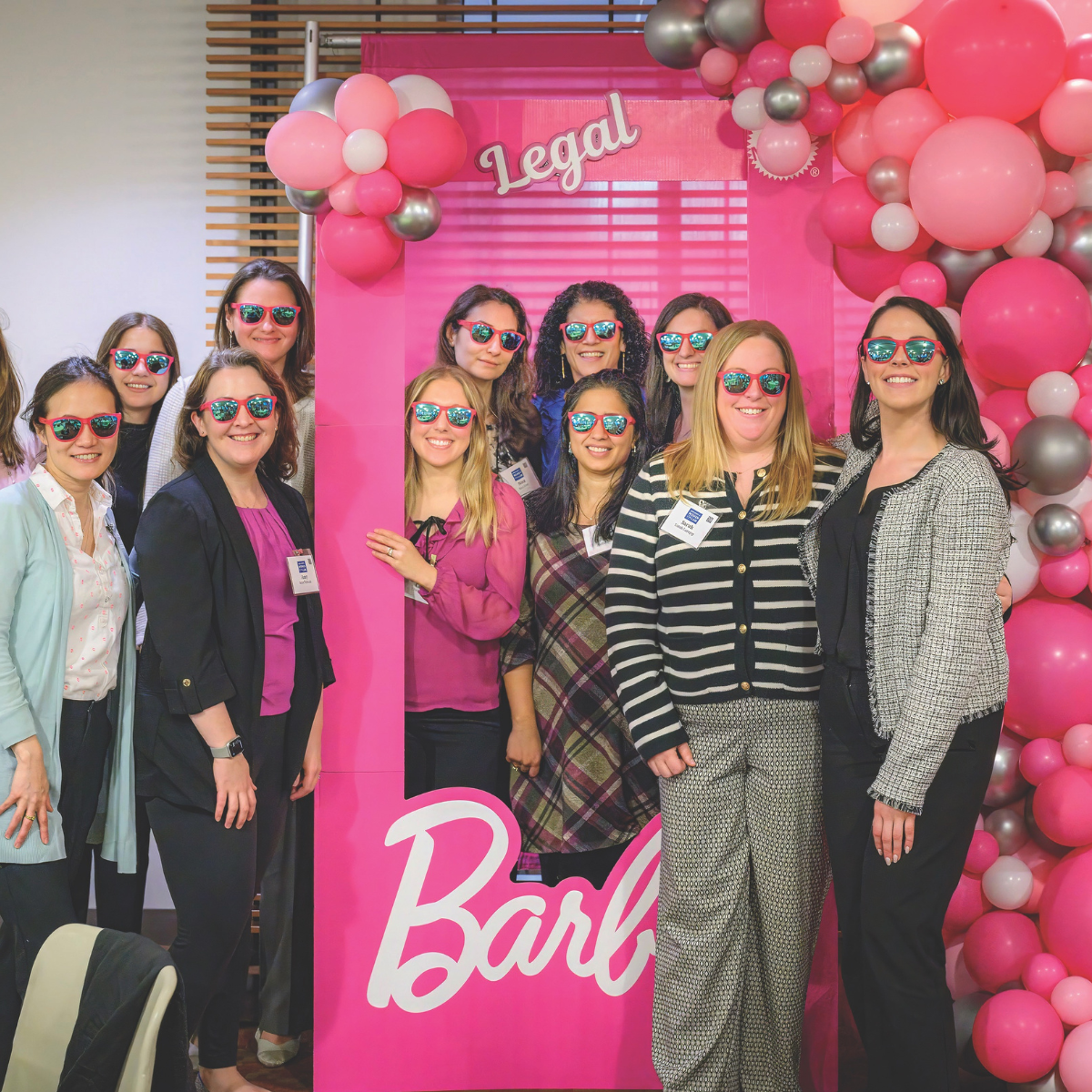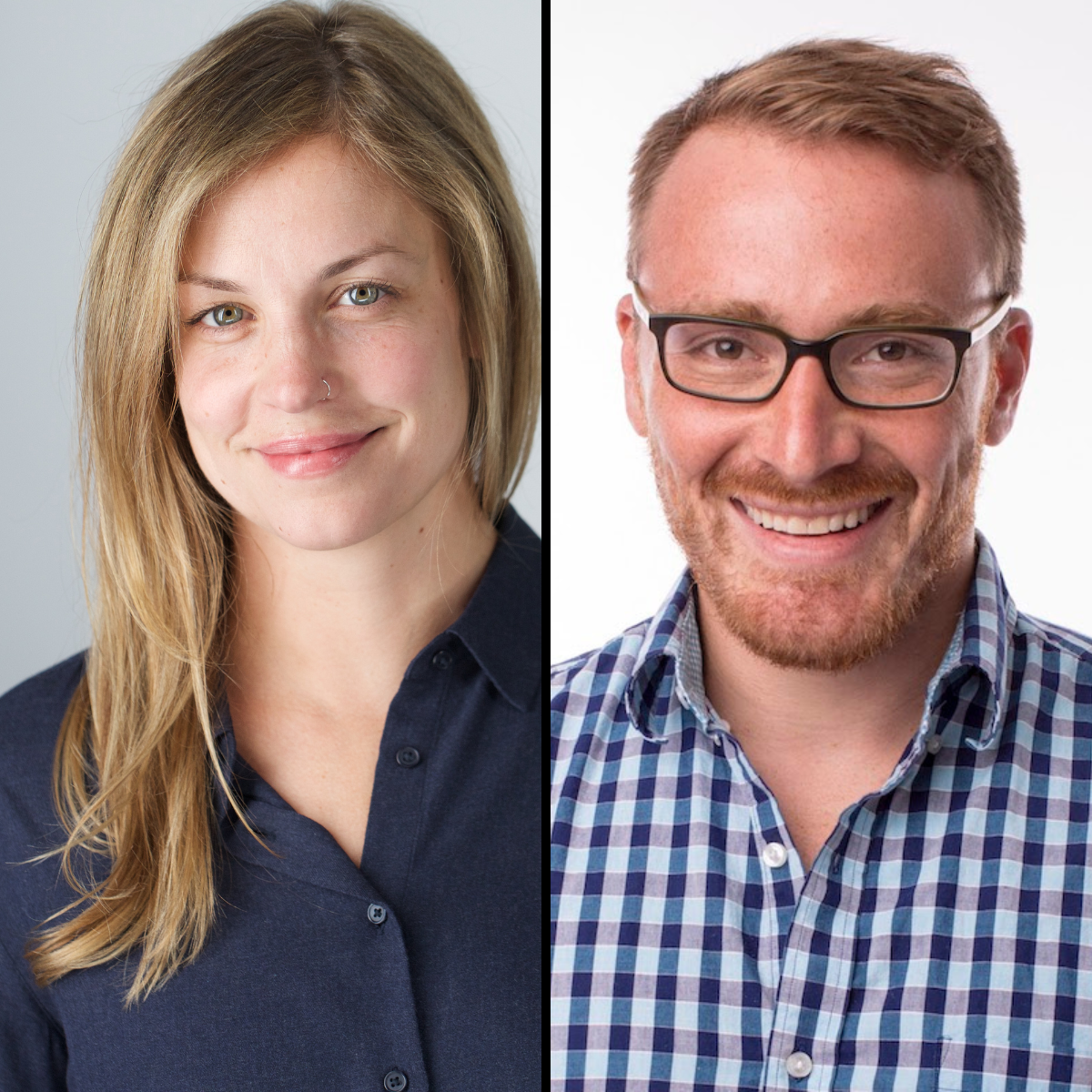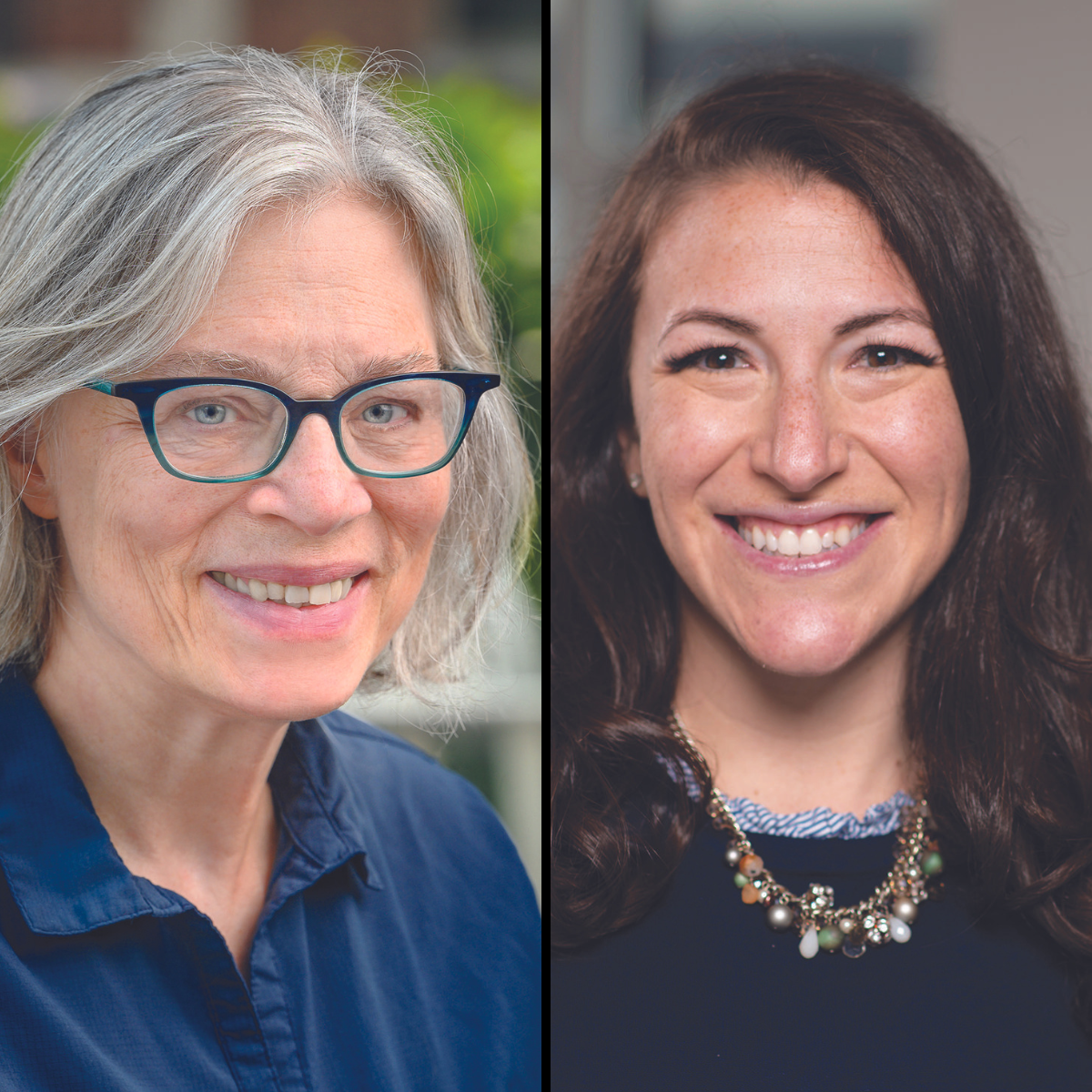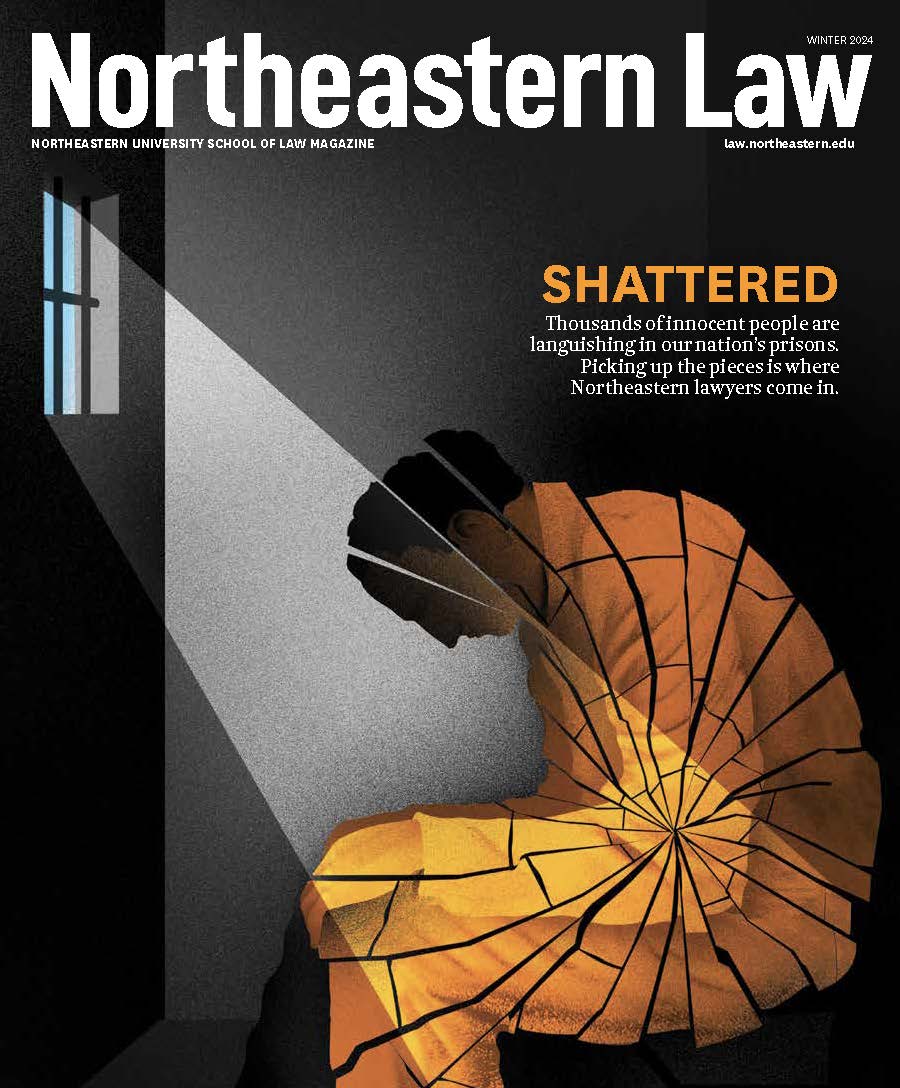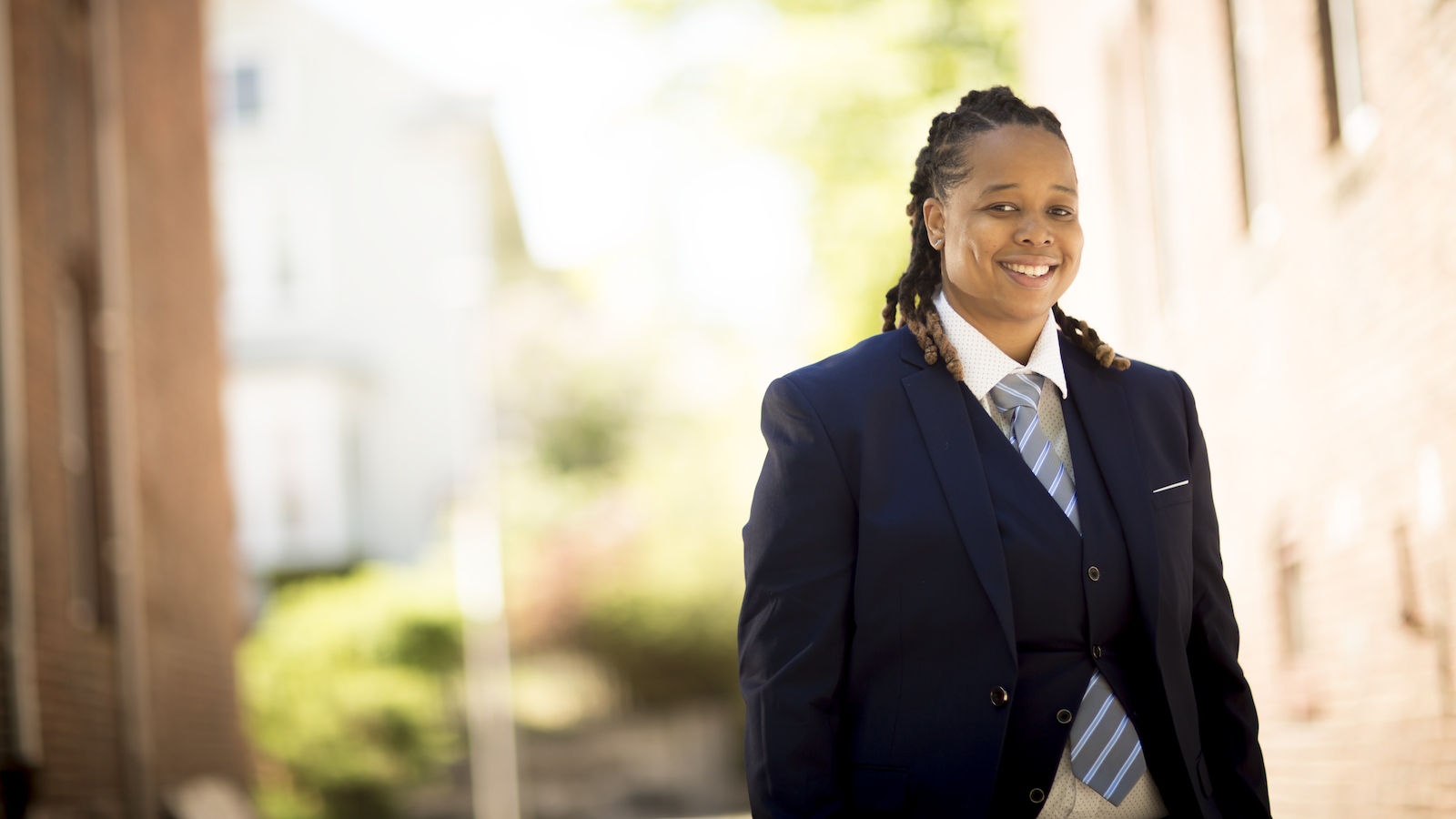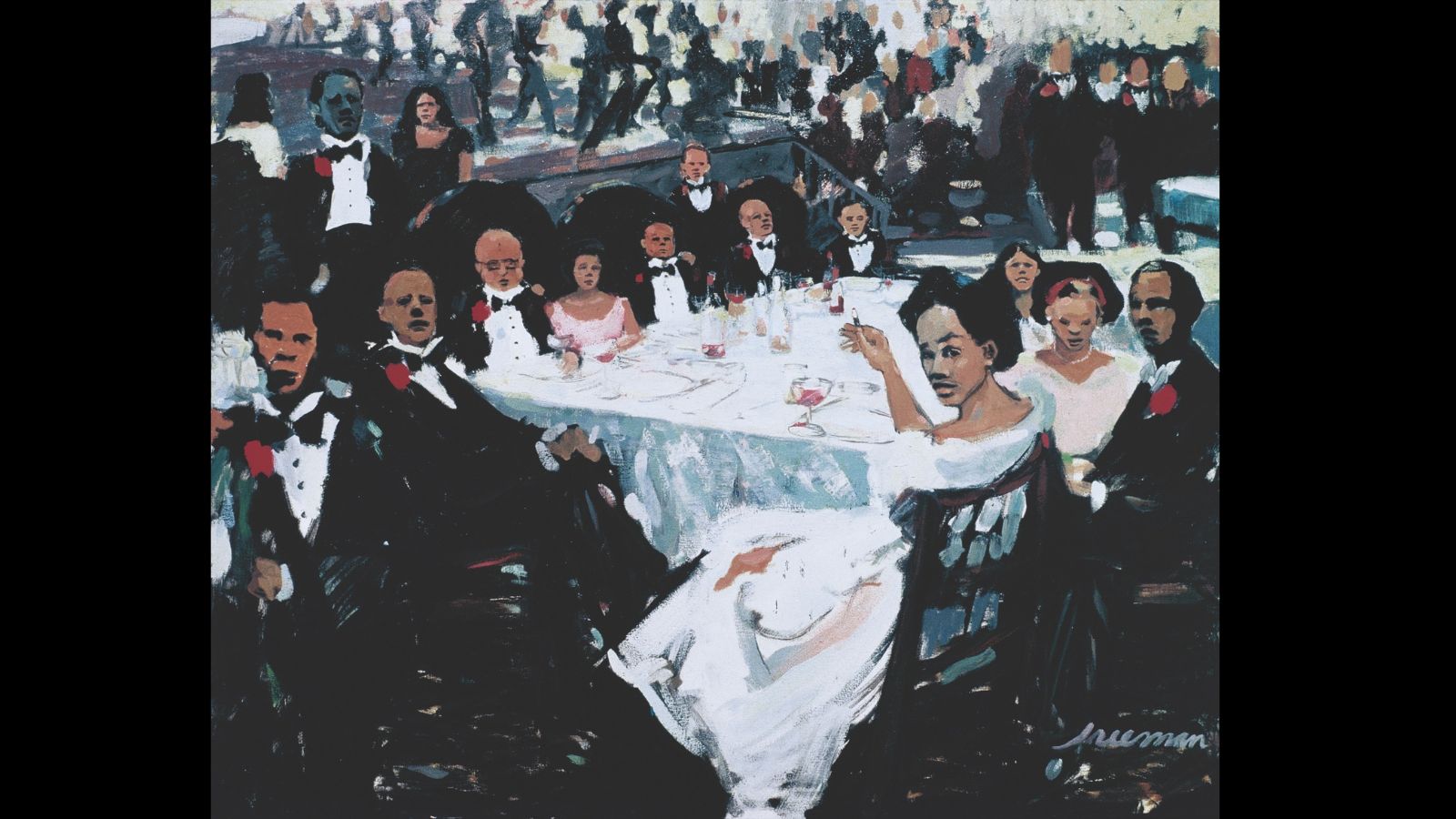
Black Tie by Robert Freeman, whose work is included in the collections of the Museum of Fine Arts, Boston; the National Center for Afro-American Artists; and the deCordova Sculpture Park and Museum, among others.
Renowned Artist Robert Freeman Finds Belonging with Healey
It is estimated that just under 10,000 people fleeing persecution and poverty are currently trapped inside detention centers in Texas. Every one of them needs a lawyer. To help meet that need, Northeastern Law’s Immigrant Justice Clinic, through the generosity of donors, sent six students and a graduate leader to the southern border in April to assist Las Americas Immigrant Advocacy Center, a nonprofit based in El Paso, Texas, that provides free and low-cost legal services to immigrants and refugees in West Texas and New Mexico. Since its inception in 1987, Las Americas has served more than 40,000 people from 77 countries.
“It’s one thing to have an intellectual understanding of our nation’s immigration laws and policies, but quite another to see them playing out with real people in real time at the southern border,” said Ilana Greenstein ’98, who led the student group. The students were fortunate to have such a seasoned leader: Greenstein is senior managing attorney at the American Immigration Council, where she is a national resource for attorneys and mentors engaged in pro bono detained removal defense, including release from detention, substantive relief, motions to reopen and related federal court litigation. This is the second time Greenstein has taken a group of Northeastern Law students on a trip to the southern border. The students were trained by members of Las Americas and focused on preparing detainees for credible and reasonable fear interviews, researching country conditions, and analyzing the factual and legal research.
“I feel more prepared and driven to be an immigration attorney through what I learned and witnessed: how migrants in detention are treated like inmates, with orange jumpsuits and in no-contact rooms, and how the right to an attorney means extraordinarily little when there are no available attorneys,” said Nora Doherty ’24.
Students also worked on emergency projects, including preparing pro se materials for an LGBTQ+ Colombian asylum seeker and an Afghan refugee seeking release on bond. Students further conducted various client interviews and legal intakes, both in person and remotely, as well as prepared detailed affidavits in support of cases.
This trip helped me to apply theoretical knowledge of immigration law in the real world. It helped expand my transferable skills, from verbal communication to problem solving,” said Blessing Eyee ’23.
“We appreciated the students’ willingness to jump in and provide on-the-ground support to people detained in the El Paso area. Their work was critical for providing legal services to asylum seekers who otherwise would not have had assistance in preparing their cases,” said Zoe Bowman ’21, who acted as the Northeastern team’s contact to Las Americas, where she serves as a supervising attorney in the organization’s Detained Deportation Defense Team. As a law student, Bowman herself participated in the Immigrant Justice Clinic.
“By sending these aspiring lawyers to the border, we are cultivating a new generation of advocates who will champion immigrant rights and shape the future of immigration law,” said Professor Hemanth Gundavaram, director of the Immigrant Justice Clinic and associate dean for experiential education.

Robert and Bettye Freeman
Share
The 2024 Brown Forum for Women in the Law Conference focused on women, media and the law with an eye to upcoming elections, on every level, and with a lens on issues that are critical to women’s health.
Northeastern University School of Law is pleased to welcome Professors Sarah Lageson and David Stein and to our community.
Professor Martha Davis, an internationally recognized expert on economic and social rights, joined with a group of leading law faculty in April to submit an amicus brief to the US Supreme Court in City of Grants Pass, Oregon v. Gloria Johnson, a case in which the Supreme Court ultimately upheld an Oregon city’s laws aimed at banning homeless residents from sleeping outdoors, saying they did not violate the Constitution’s prohibition on cruel and unusual punishment.


